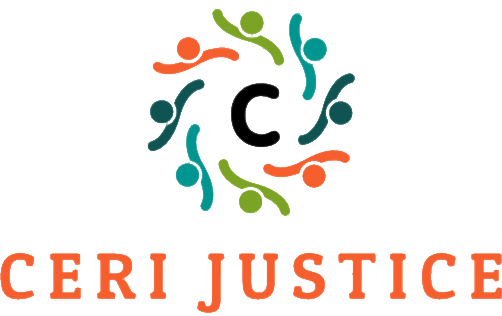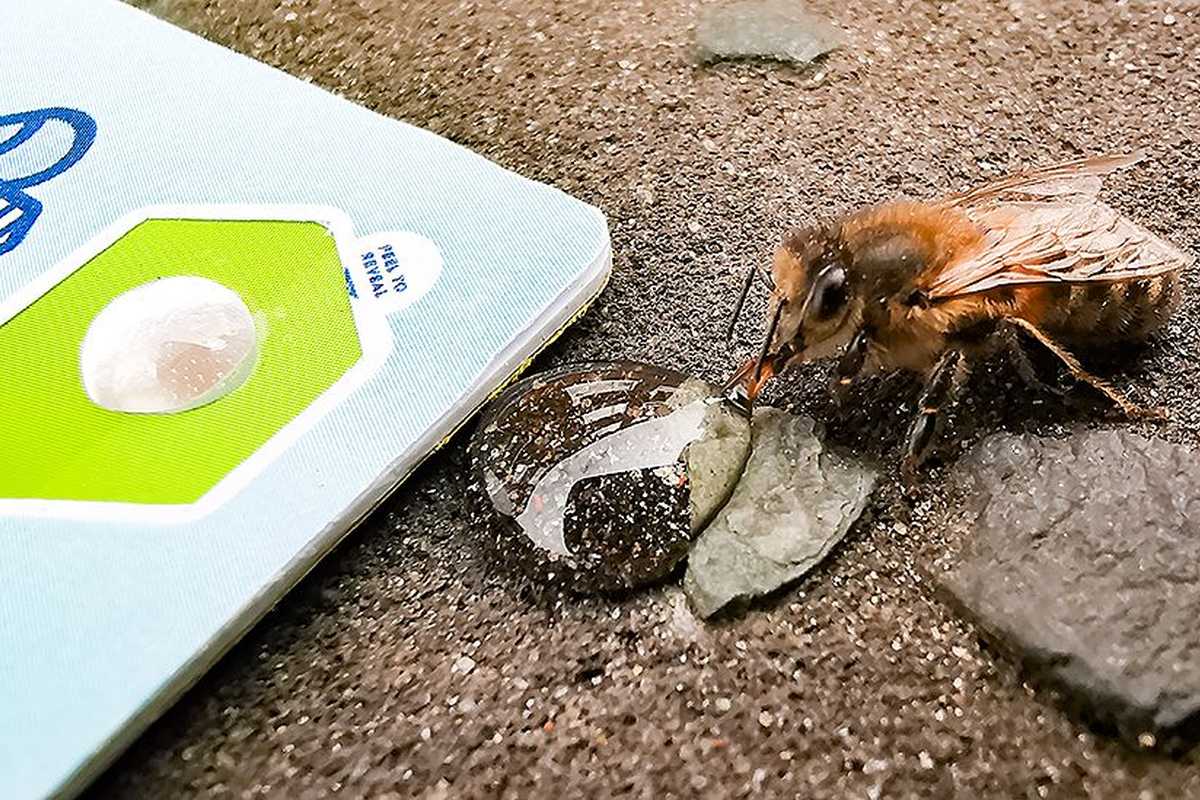Bees, among the most vital creatures on Earth, are facing unprecedented challenges that threaten their existence. The decline in bee populations, driven by various factors including habitat loss, pesticide use, climate change, and disease, has sparked global concern about the health of ecosystems and food security. Addressing the bee problem and saving these pollinators is crucial not only for preserving biodiversity but also for safeguarding the future of agriculture and human well-being.
The Importance of Bees
Bees play a pivotal role in pollinating a vast array of flowering plants, including many of the crops that humans rely on for food. It is estimated that one-third of the world’s food production depends on pollination by bees. From apples to almonds, blueberries to broccoli, bees contribute to the reproduction of countless plant species, ensuring the production of fruits, vegetables, nuts, and seeds essential for human nutrition.
Moreover, bees are essential for maintaining the diversity and health of ecosystems. As they forage for nectar and pollen, bees facilitate the reproduction of plants, which in turn provides food and habitat for other animals. Bees are integral to the functioning of natural ecosystems, serving as pollinators for wildflowers and supporting the web of life that sustains biodiversity.
Threats to Bee Health
Despite their critical importance, bee populations are in decline worldwide. Habitat loss and fragmentation due to urbanization, agricultural expansion, and deforestation have reduced the availability of suitable nesting sites and food sources for bees. Pesticide use, particularly neonicotinoids, has been linked to bee deaths and colony collapse disorder, disrupting bee behavior and reproductive success. Climate change exacerbates these threats, altering flowering patterns, increasing extreme weather events, and creating inhospitable conditions for bees.
Solutions for Saving the Bees
Addressing the bee problem requires concerted efforts at multiple levels, from individual actions to policy changes and global cooperation. Here are some key strategies for saving the bees:
Protecting Habitat: Preserving and restoring natural habitats, including meadows, forests, and wildflower corridors, provides essential foraging and nesting grounds for bees. Creating bee-friendly gardens and green spaces in urban areas can also provide refuge for pollinators.
Reducing Pesticide Use: Implementing policies to limit the use of harmful pesticides, particularly neonicotinoids, and promoting organic farming practices can reduce the exposure of bees to toxic chemicals.
Promoting Biodiversity: Diverse landscapes with a variety of flowering plants support healthy bee populations. Planting native flowers, shrubs, and trees that provide continuous blooms throughout the growing season can ensure a steady supply of food for bees.
Raising Awareness: Educating the public about the importance of bees and the threats they face is essential for fostering appreciation and conservation efforts. Campaigns, workshops, and educational programs can raise awareness about bee conservation and empower individuals to take action.
Supporting Beekeepers: Beekeepers play a crucial role in bee conservation by managing honeybee colonies and contributing to pollination services. Supporting local beekeepers and initiatives that promote sustainable beekeeping practices can help ensure the viability of bee populations.
The bee problem represents a critical environmental challenge with far-reaching implications for ecosystems, agriculture, and human well-being. Saving the bees requires collective action and a commitment to addressing the underlying causes of bee decline.
By protecting habitat, reducing pesticide use, promoting biodiversity, raising awareness, and supporting beekeepers, we can work together to ensure a future where bees thrive, pollination services are secure, and ecosystems remain healthy and resilient.




